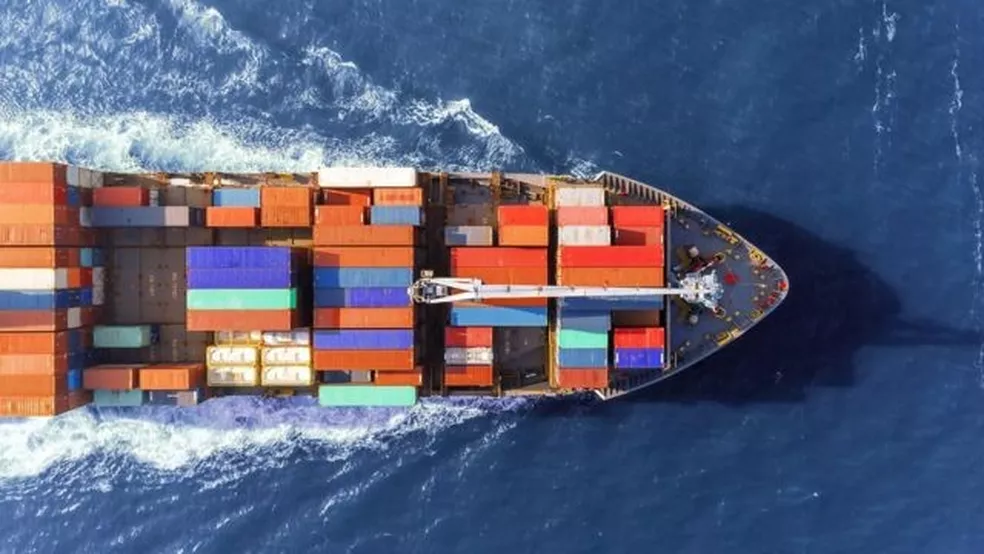
Cargo Shipowners Cancel Sailings as Global Trade Flips From Backlogs to Empty Containers
Oct, 17, 2022 Posted by Gabriel MalheirosWeek 202242
Cargo shipowners are canceling dozens of sailings on the world’s busiest routes during what is normally their peak season, the latest sign of the economic whiplash hitting companies as inflation weighs on global trade and consumer spending.
The October cancellations are a sharp reversal from just a few months ago, when scarce shipping space pushed freight rates higher and carriers’ profits to record levels. Last October, companies like Walmart Inc. and Home Depot Inc. were chartering their own ships to get around bottlenecks at ports to meet a surge in demand for imports.
Trans-Pacific shipping rates have plummeted roughly 75% from year-ago levels. The transportation industry in the US is grappling with weaker demand as big retailers cancel orders with vendors and step up efforts to cut inventories.
FedEx Corp. recently said it would cancel flights and park cargo planes because of a sharp drop in shipping volumes. Nike Inc. said it was sitting on 65% more inventory in North America than a year earlier and would resort to markdowns.
The erosion in global economic conditions, from the war in Ukraine to factory shutdowns in China, have dealt heavy blows to trade activity. The International Monetary Fund has cut its forecast for global growth in gross domestic product multiple times this year. Consumer prices are rising at the fastest rates in years in the U.S., countries in Europe, and other parts of the world.
Source: WSJ
To read the full original article, please go to: https://www.wsj.com/articles/cargo-shipowners-cancel-sailings-as-global-trade-flips-from-backlogs-to-empty-containers-11664681947
-
Shipper/Freight Forwarders Rankings – commodity wise
Mar, 07, 2022
0
KSOE to build 3 LNG ships and 6 container ships
-
Meat
Sep, 25, 2020
0
China suspends seafood imports from Brazilian company due to Covid-19
-
Other Logistics
Jun, 13, 2024
0
Construction of state railway responsible for 62% of infrastructure jobs in Mato Grosso
-
OTI Rankings
Aug, 11, 2021
0
OTI Rankings | DataLiner | Jan/June 2020 vs. Jan/June 2021 Brazil and Plate (Argentina, Paraguay and Uruguay)

